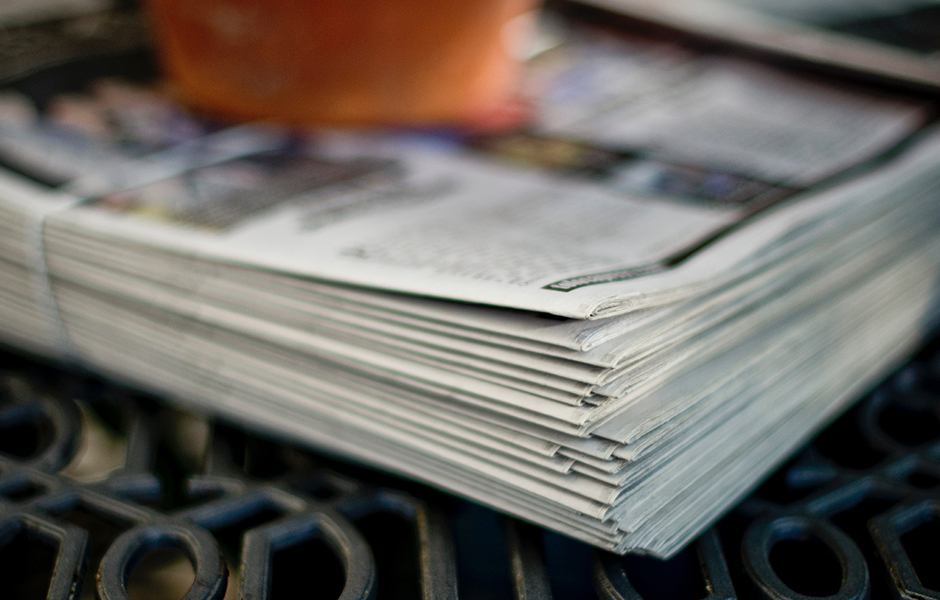Journalists took on a pivotal role in fighting the COVID-19 pandemic, in a public service logic that may have contributed to the control of the pandemic in Portugal.
This is one of the conclusions of a study developed by a group of researchers from the University of Minho with the participation of CINTESIS – Center for Health Technology and Services Research.
The team conducted the first survey on the impact of COVID-19 in Portugal, listening to 200 journalists, including health journalists, editors, coordinators, and directors of national media.
The results indicate that journalists sought to guide the behavior of citizens through news texts, infographics, and explanatory boxes, particularly during the state of emergency. The objective was to make information simpler and more accessible to the population, including the less educated public.
Journalists admit that they encountered some obstacles to their task, with an emphasis on “the crescendo of false information”, reported by 87% of journalists, editors/coordinators.
The screening of credible information was actually the main difficulty pointed out by the respondents. To overcome it, the strategy involved crossing sources of information and resorting to official or specialized sources.
“This need for additional explanations may justify the high number of specialists and academics that have emerged in the public space, contributing to the quality of the debate”, highlights Olga Magalhães, from CINTESIS.
In statements about the study, the researcher stresses the importance of journalists’ specialization in the health field.
Coordinated by Felisbela Lopes, the survey also included the participation of Rita Araújo and Alberto Sá. The research project will continue to analyze the news coverage made to COVID-19.

